Climate change is just part of the picture human impact is painting on the frozen landscape of Antarctica, a marine biologist says, as she raises concerns about the level of microplastics she's observed firsthand.
Speaking from Freeport in the Bahamas, after a six-month-long stint at the bottom of the world, Emily Cunningham said she was "shocked" by what she saw.
Cunningham told 9news.com.au the research team "found microplastics in every single water sample" they took.
READ MORE: Circulation of deep ocean water in Southern Ocean is slowing
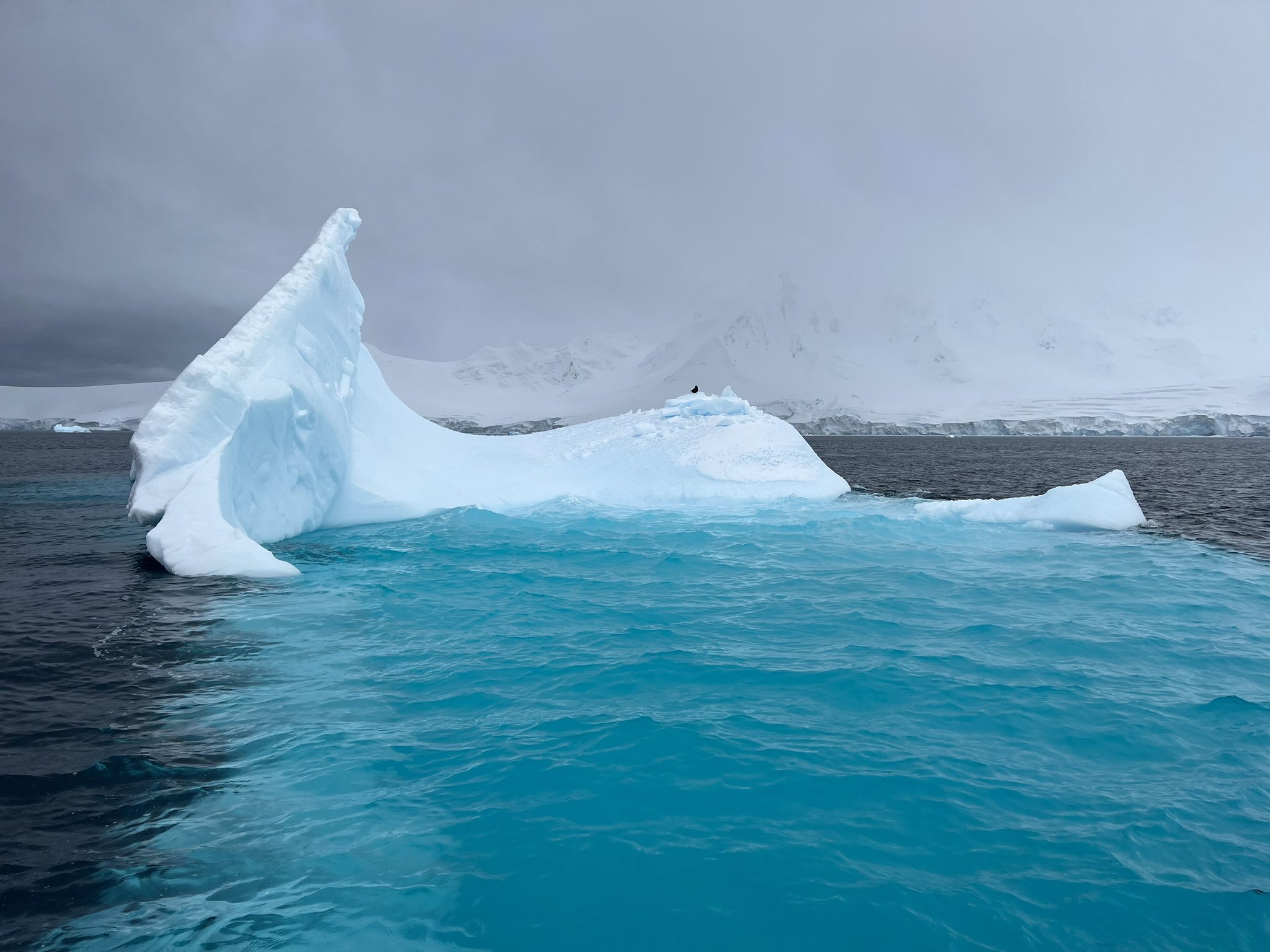
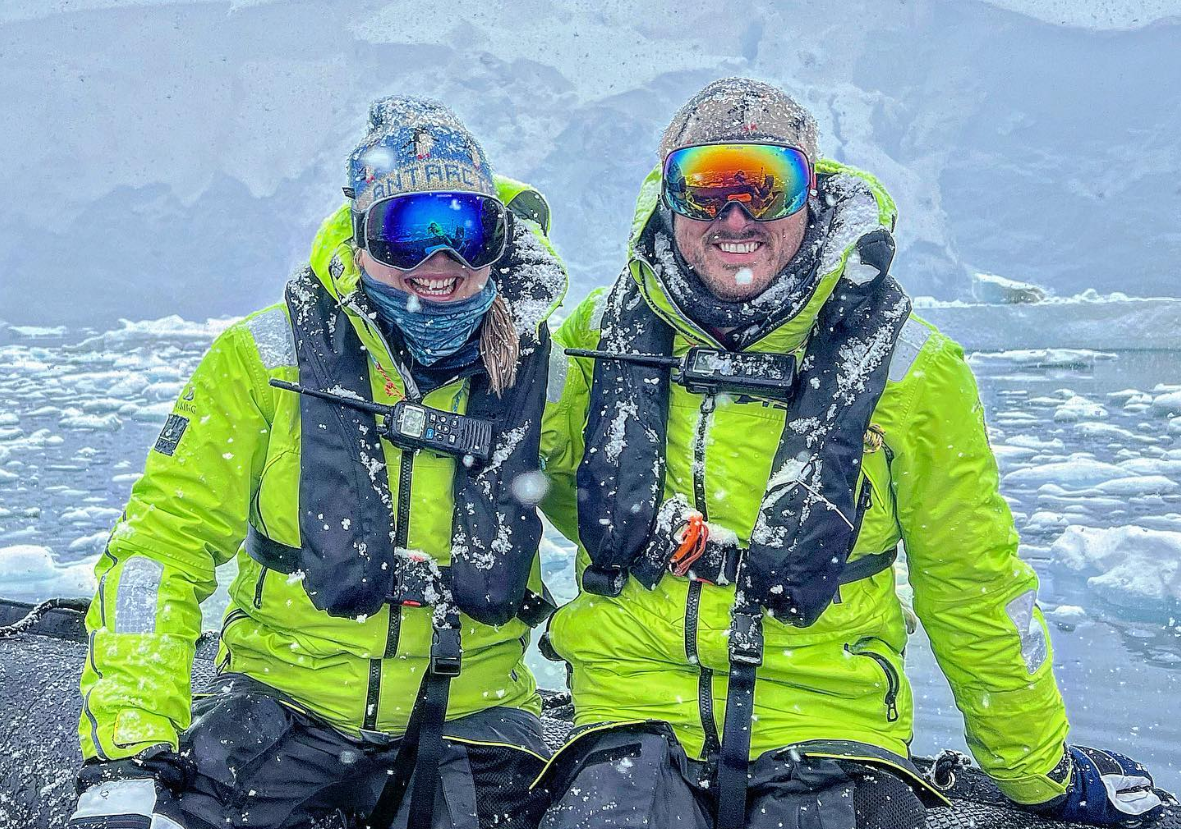
"We found microfibres, fibres that probably come from synthetic clothing, in every sample we took," she said.
"I did a lot of reading around the scale of the issue and microfibres and microplastics have been found in the air, the snow, the seawater and sediment in Antarctica.
"Last year scientists found microplastics in freshly fallen snow."
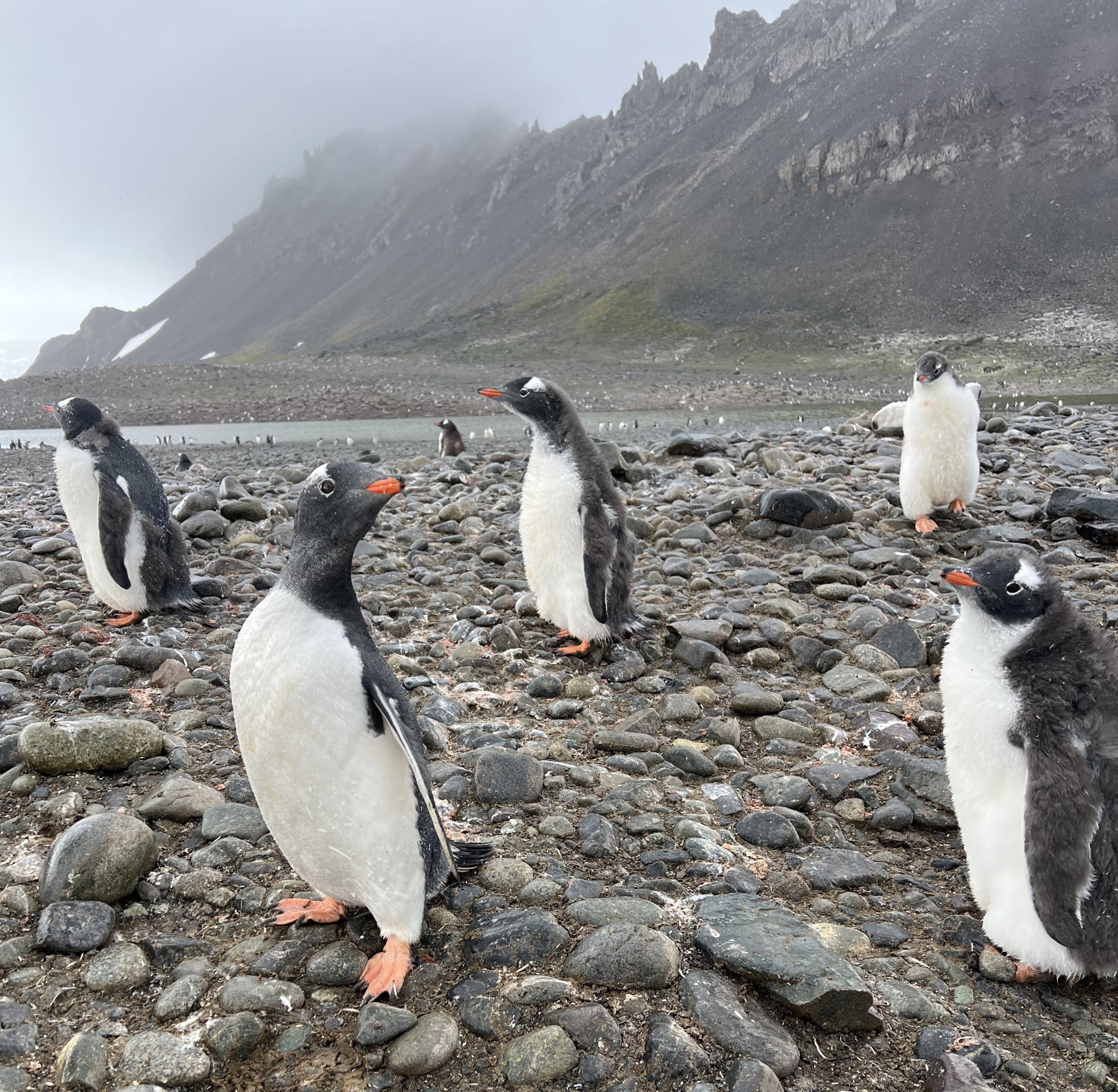
Cunningham explained the tiny plastic particles are so light they can be transported by air, as well as ocean currents.
"There's emerging thought in the scientific community from the data we're gathering that Antarctica might be a sink for microplastic fibres," she said.
"We don't fully understand that process but that is what the evidence is starting to suggest.
"And what is interesting is the majority of our fibres were red and blue.
"Don't know why, but it was a stark observation across all the samples."
READ MORE: Perth man braves freezing Antarctic winter night to capture spectacle
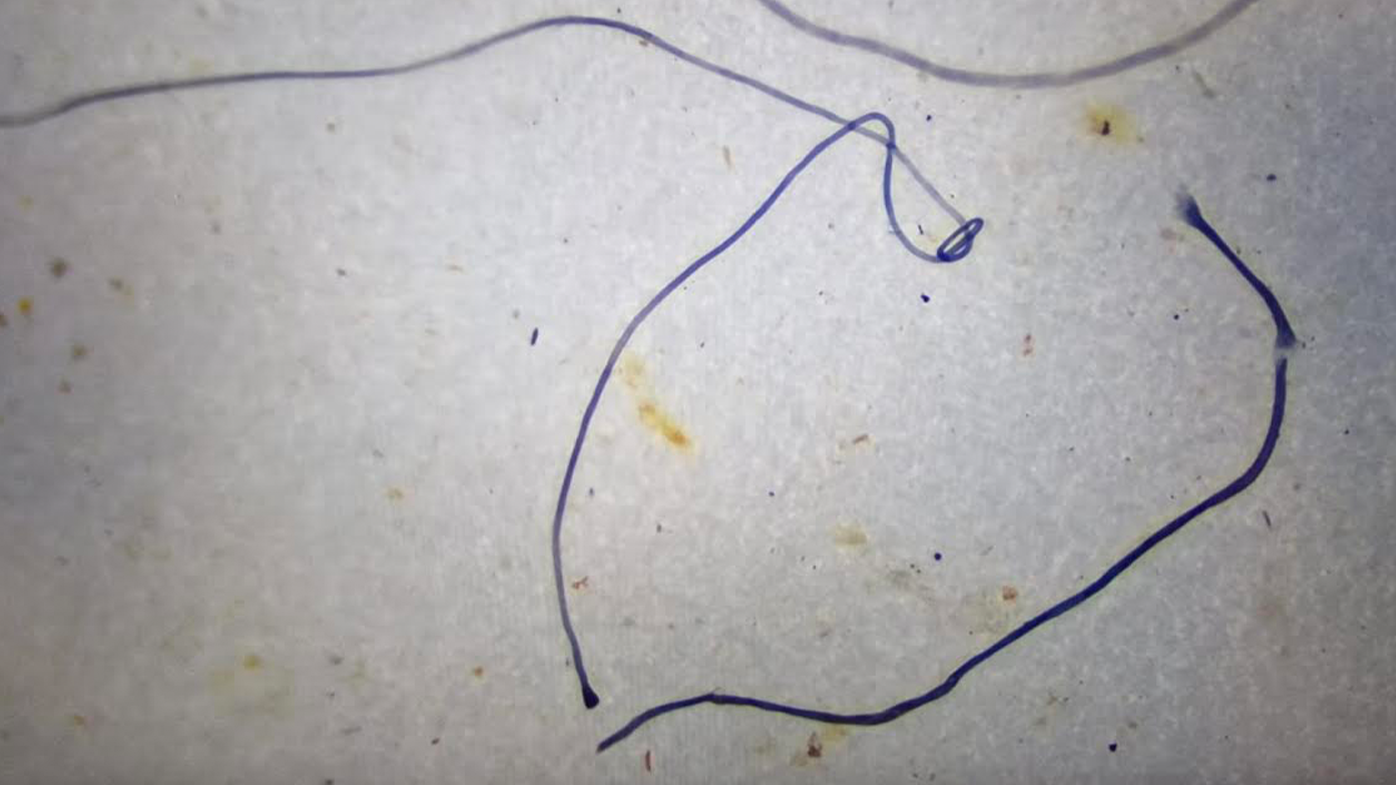
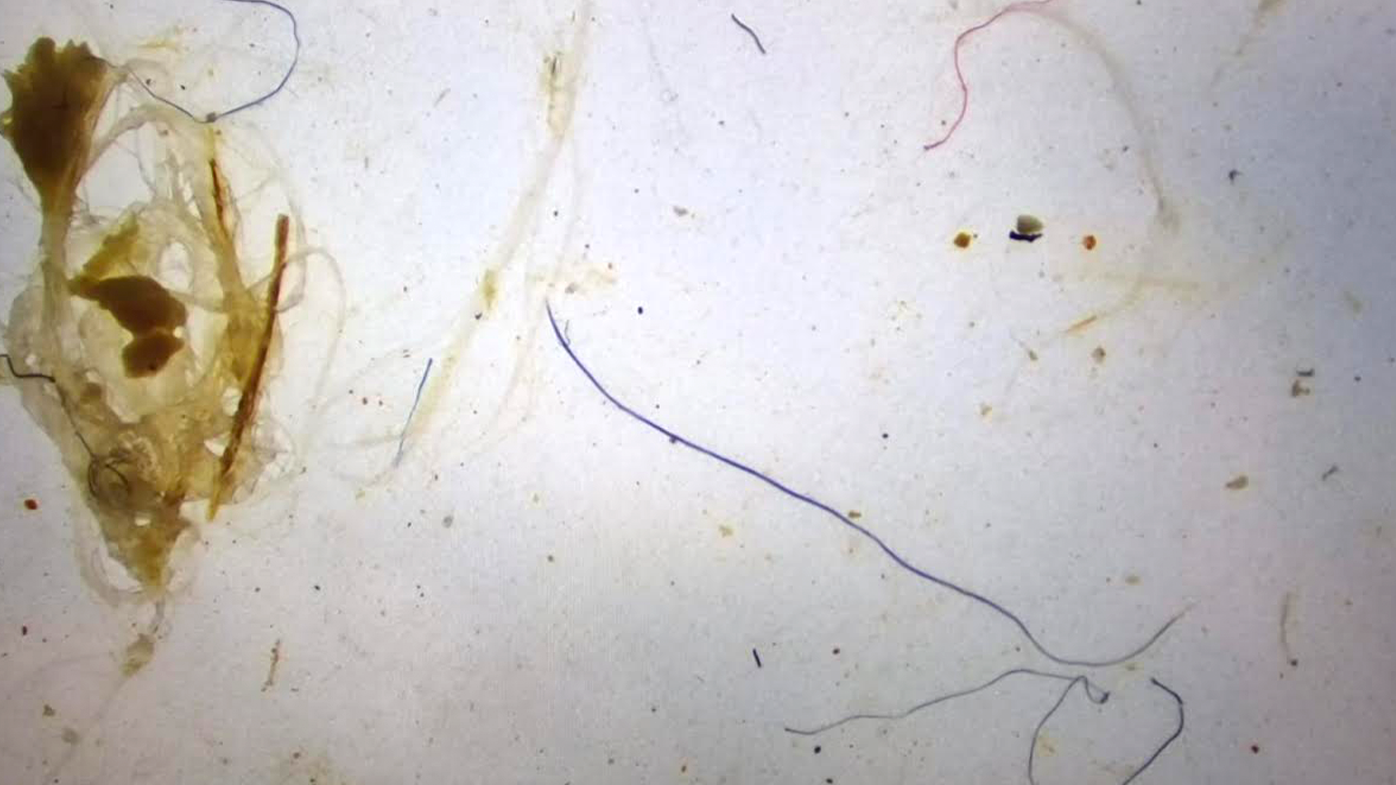
Her comments come weeks after a study, led by researchers from the British Antarctic Survey, found microplastics in krill and salps, small prawn-like crustaceans.
"They were in 60 per cent of animals," she said, adding krill is a foundation of the Antarctic food web.
"Krill are food for penguins, whales, seals - they're at the heart of the Antarctic ecosystem.
"Krill fished in Antarctica forms fish meal, which is fed to farmed salmon.
"It's not a big jump to say, 'Well, if there's microfibres in the krill, then they're going into farmed salmon and ending up on our plate.'"
Everyday human activities are fuelling the decline
Cunningham said one of the ways microfibres and plastics are making their way into the ocean - and ultimately Antarctica - is through washing machines.
She hopes that by 2030, microfibre filters will become mandatory on all new machines.
"France have already made it mandatory from January 1, 2025, and we're calling for a similar legislative change in the UK," she said.
"Current wastewater management infrastructure, nowhere is it designed to collect microfibres, so it just goes straight down and ends up in the ocean.
"We do need that global action on plastics, and the UN Plastics Treaty is giving me some hope.
"(But) in terms of individual action in the short-term, it's about getting a filter, so one that goes in the wash - a guppy bag - or you can buy a filter that sits on the outflow pipe.
"Wash less, and on the eco-setting".
READ MORE: What Australians can expect for summer after El Niño watch issued
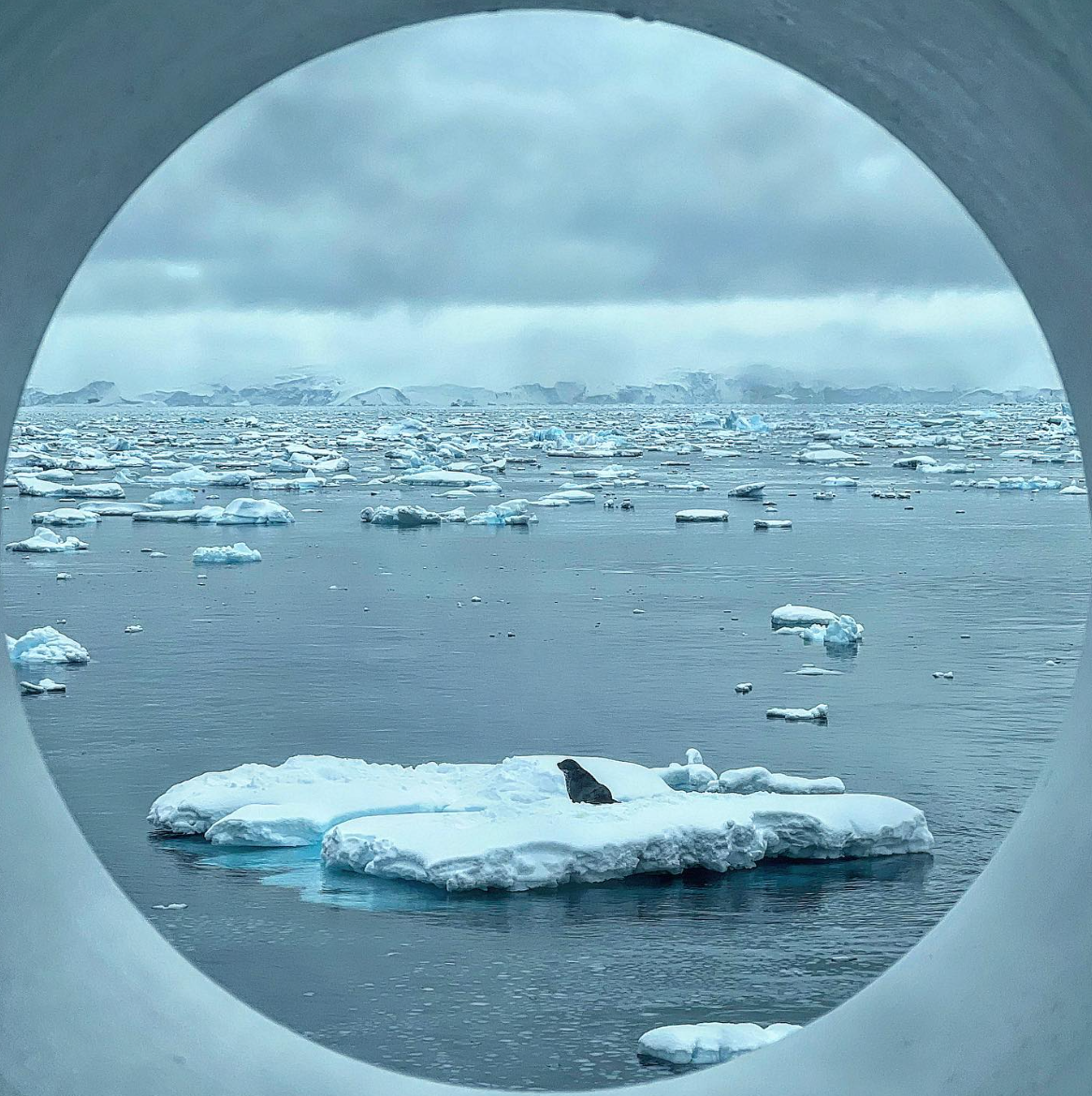
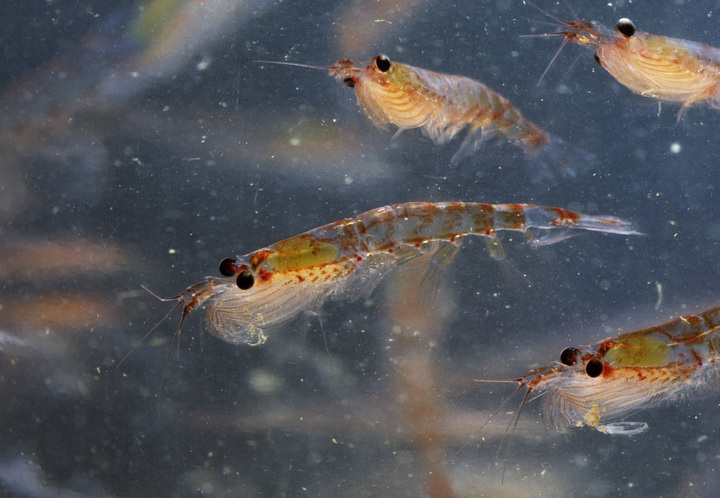
Another human activity of concern in Antarctica is the fishing of krill.
"It's becoming increasingly concentrated around the Antarctic peninsula and we know krill distribution is rather patchy," Cunningham explained.
"So where there is lots, they concentrate their efforts there.
"The only regulation is a catch limit.
"But in terms of where they fish, there is no legislation at a fine level at least.
"We're seeing increasing overlap between that fishery and krill predators."
'Came as a shock'
Shortly after leaving Antarctica, Cunningham penned a love letter of sorts that went viral, with nearly four million views on Twitter.
She wrote that while Antarctica is undoubtedly spectacular, she had to acknowledge "the canary in the coal mine, (that) this wonderful place is dying".
https://www.instagram.com/p/Cqqz3sVvo3d/She explained she wrote her now-viral post as her assumptions about the frozen continent were challenged by the visit.
"It felt cathartic, I needed to say those things," she said.
"I'm fairly well aware of these issues but seeing it firsthand was a different matter.
"The assumption other people have - at home, on the ship - is it really is this pristine wilderness.
"It was an assumption I had as well, and climate change tends to dominate the conversation.
"I wanted to pull out some of the other things that came as a shock to me."
Sign up here to receive our daily newsletters and breaking news alerts, sent straight to your inbox.
